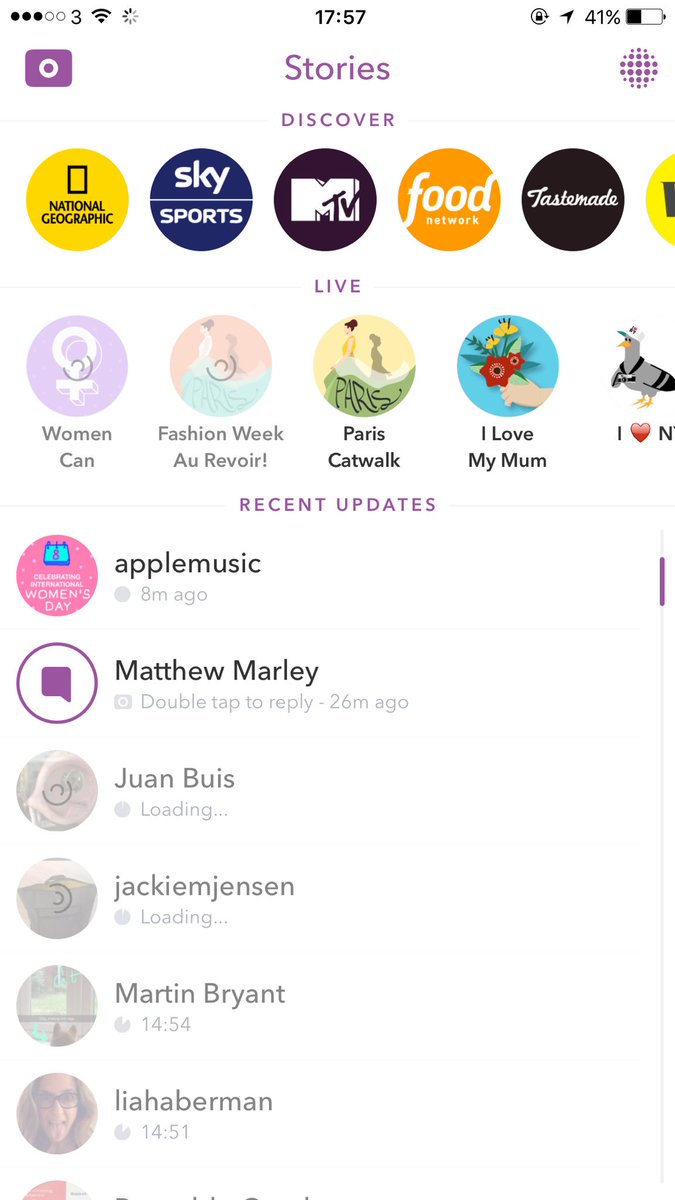

Third-party tracking is now tied to some of the most insidious and harmful targeting practices around. If we’re really moving to a paradigm where first-party tracking dominates the sector, we have to ask: How might this shift affect people’s rights and matters of public interest? We know a lot about how these systems will affect people’s privacy, but what about other fundamental rights, like the right to information or non-discrimination? While the changes may whittle away at the troves of data that so many digital companies have on us, they also will help to consolidate our digital dossiers in the hands of a few uniquely powerful platforms, and reduce or even eliminate many of the smaller players in the ecosystem. But now two of the industry’s biggest companies are shifting away from this model, albeit in different formats.Īlthough both companies say that they’re making these changes in order to better protect user privacy, the profit motives are clear, present, and enormous. Today there is a vast ecosystem of companies that carry out this particular function of using our data to enable targeted advertising. Internet companies use the ever-growing troves of information that they have about us, much of it gathered up with the use of third-party cookies, to sell ad slots to the highest bidder. Every second we spend online, advertisers hawking everything from prescription drugs to political candidates compete for our attention.
It is clear that Apple’s move, alongside Google’s forthcoming transition to tracking people in “cohorts” rather than at the individual level, could shake up the uniquely opaque (but almost certainly icky) underworld of the internet that is ad tech. The Financial Times reported in October that Apple’s ads now drive 58 percent of all downloads in the App Store, and more recently reported that ad revenues for major third-party app companies like Facebook and SnapChat have dropped by as much as 13 percent as a result. The company’s advertising business has more than tripled its market share since it rolled out the App Tracking Transparency (ATT) program in April 2021, which requires app developers to get user consent before tracking them across the web.Īpple has become so powerful that it has changed the rules of the game to its own benefit, and it is now effectively winning. But we also wondered: What was in it for Apple? The company seemed to be charting a new course for digital advertising that would give users much more power to decide whether or not advertisers could track and target them across the web. When Apple announced its plans to tighten restrictions on third-party tracking by app developers, privacy advocates-including us-were intrigued. CC BY-SA 3.0īy Veszna Wessenauer and Ellery Roberts Biddle Photo by John Oldenbuck via Wikimedia Commons.
APPLE FINANCIALTIMES IOS APP SNAP FACEBOOK ANDROID
"Advertisers have responded by cutting back their spending at Snap, Facebook, Twitter and YouTube and diverted their budgets elsewhere: in particular to Android phone users and to Apple's own growing ad business," the report stated.įacebook has been the most vocal critic of the privacy change, having previously taken out a full-page ad in the New York Times, the Washington Post, and the Wall Street Journal to claim that Apple’s changes would be “devastating to small businesses”.Edzell Castle, Angus, Scotland.

This is because ATT requires apps to ask users for permission to collect and share data using Apple’s device identifier, a move which limits social media platform’s capacity to target iPhone owners, as part of Apple’s aims to protect and bolster user privacy. However, Snap "fared the worst as a percentage of its business" due to its advertising being mainly tied to smartphones. "Facebook has the most to lose because the cost of running advertisements on its platform has been increasing for years," the report stated. According to the FT’s report, Facebook recorded the biggest financial loss "in absolute terms":


 0 kommentar(er)
0 kommentar(er)
